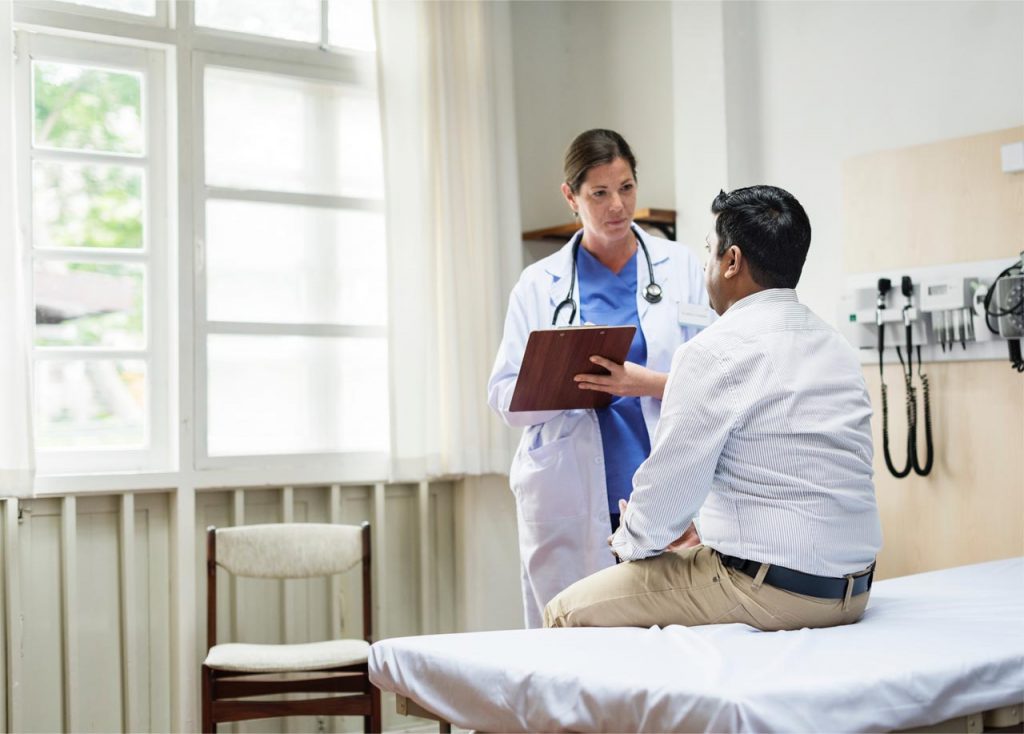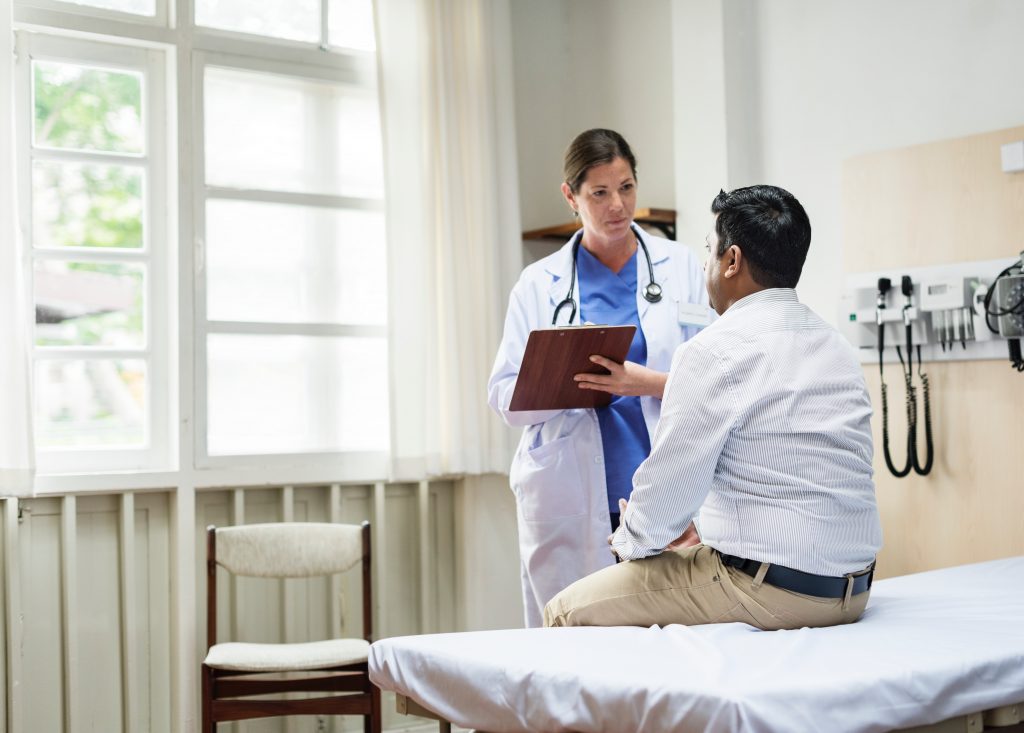

Going to see your doctor can be a frightening experience: you may be worried you have a serious affliction, or maybe you’re just going to follow up for a chronic condition, or maybe there is a procedure you are facing that you know will be painful. Fear can make it easy to procrastinate and come into an appointment without having prepared yourself appropriately. As a family doctor, I see and treat all diseases. I see patients who come well prepared and those who don’t prepare at all. Those patients who take more control of their own health tend to do better, and being prepared can help ease some of the fear.
How do I prepare for a doctor’s visit?
– Take your medicines. This may seem like a given, but I see many patients who come for a follow-up appointment after I prescribed them a new medication who tell me they never picked it up. Sometimes the cost is prohibitive, sometimes there was a family emergency, or the side effects got so bad you stopped taking the drug – if you decide not to take your medications, give me a call and let me know before your follow-up appointment. I might be able to prescribe a less expensive alternative or address side effects with you.
– Gather your medication bottles and bring them to the visit. I have found patients who are taking the generic and brand name of the same medicine, just by looking at their bottle – those patients didn’t know they were taking double the dose they should be! This can happen if you were hospitalized and on discharge were given new prescriptions, or for other reasons, so always bringing your bottles to help avoid this confusion.
– Do your tests early enough for us to have the results. Some test results take longer to get back to us than others. If I am seeing you for back pain, for example, don’t do the MRI the same morning you are seeing me later in the day. I won’t be able to get the results and I won’t be able to give you any new clue to the diagnosis.
– Write down your questions. Patients frequently tell me they have something else to say but can’t remember. Sometimes patients return from the specialist and tell me they forgot to ask him/her something. We all have a lot on our minds and it is easy to forget things (I am forever writing grocery lists that I forget at home and forget to purchase the most important item on that list). Prepare by writing your questions in your phone – we all have our cell phones attached to us these days, so you’re more likely to have your list when you need it.
– Arrange to have your results/records forwarded. If you had a test done but I was not the one who ordered it, chances are that the results did not come to me. Ask for a copy to be sent my way, so you don’t spend time waiting in my office while I try to hunt down those results to answer your questions.
– Bring a friend. If you had a test done and may be expecting bad news, bring someone with you. I find when I give patient bad news, patients are often shell-shocked and unable to think of any questions. However, if they have someone with them at that time, the loved one steps up and asks questions. Bringing a buddy is a good way to keep track of important information that you need for your treatment, such as when is the date of your visit with the oncologist, and it is always good to have the support of someone who loves us when we are facing dark times.
I know we don’t always like to admit it, but doctors are human. Most of us exist to give our patients the best care possible, and we can offer you better help if you prepare and come in ready – to ask your questions, and with all the information we might need to help answer them for you.
About the Author
Linda Girgis MD, FAAFP is a family physician practicing in South River, New Jersey. She was voted one of the top 5 healthcare bloggers in 2016. Follow her on twitter @DrLindaMD.

